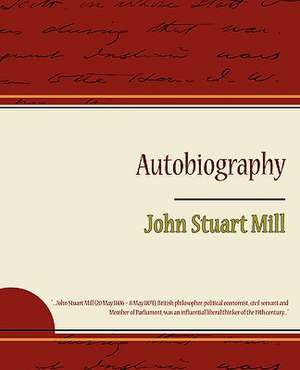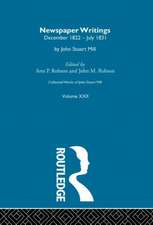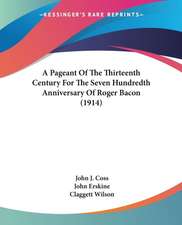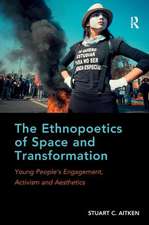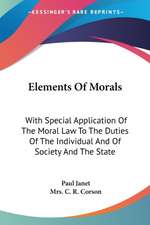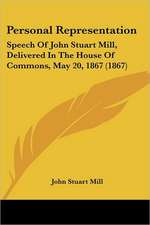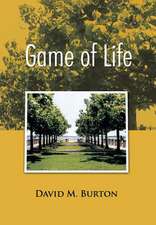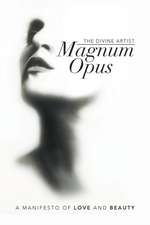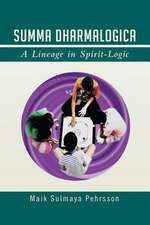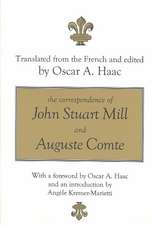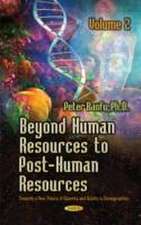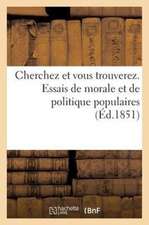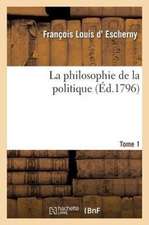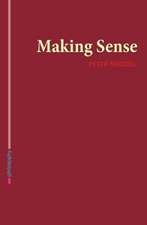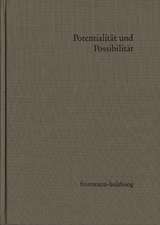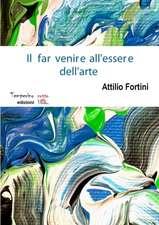Autobiography
Autor John Stuart Millen Limba Engleză Paperback – 7 iun 2009
| Toate formatele și edițiile | Preț | Express |
|---|---|---|
| Paperback (16) | 32.01 lei 3-4 săpt. | +11.71 lei 4-10 zile |
| Dover Publications – 20 sep 2022 | 32.01 lei 3-4 săpt. | +11.71 lei 4-10 zile |
| – | 43.56 lei 3-5 săpt. | |
| CREATESPACE – | 46.19 lei 3-5 săpt. | |
| OUP OXFORD – 22 mar 2018 | 52.51 lei 10-16 zile | |
| CreateSpace Independent Publishing Platform – | 54.32 lei 3-5 săpt. | |
| CREATESPACE – | 75.92 lei 3-5 săpt. | |
| – | 82.97 lei 3-5 săpt. | |
| CREATESPACE – | 94.04 lei 3-5 săpt. | |
| CREATESPACE – | 104.18 lei 3-5 săpt. | |
| – | 83.88 lei 6-8 săpt. | |
| DOUBLE 9 BOOKSLLP – 3 ian 2023 | 86.73 lei 6-8 săpt. | +46.40 lei 4-10 zile |
| Echo Library – 21 ian 2019 | 89.51 lei 38-44 zile | |
| Bibliotech Press – 29 mai 2020 | 99.44 lei 6-8 săpt. | |
| Alpha Editions – 31 ian 2018 | 101.49 lei 6-8 săpt. | |
| Book Jungle – 7 iun 2009 | 137.33 lei 6-8 săpt. | |
| TREDITION CLASSICS – 31 oct 2011 | 148.23 lei 6-8 săpt. |
Preț: 137.33 lei
Nou
Puncte Express: 206
Preț estimativ în valută:
26.28€ • 27.53$ • 21.78£
26.28€ • 27.53$ • 21.78£
Carte tipărită la comandă
Livrare economică 08-22 aprilie
Preluare comenzi: 021 569.72.76
Specificații
ISBN-13: 9781438518497
ISBN-10: 1438518498
Pagini: 182
Dimensiuni: 191 x 235 x 10 mm
Greutate: 0.32 kg
Editura: Book Jungle
Locul publicării:United States
ISBN-10: 1438518498
Pagini: 182
Dimensiuni: 191 x 235 x 10 mm
Greutate: 0.32 kg
Editura: Book Jungle
Locul publicării:United States
Notă biografică
Descriere
Descriere de la o altă ediție sau format:
It may be useful that there should be some record of an education which was unusual and remarkableJohn Stuart Mill (1806-73), philosopher, economist, and political thinker, was the most prominent figure of nineteenth century English intellectual life and his work has continuing significance for contemporary debates about ethics, politics and economics. His father, James Mill, a close associate of the utilitarian philosopher Jeremy Bentham, assumed responsibility for his eldest son's education, teaching him ancient Greek at the age of three and equipping him with a broad knowledge of the physical and moral sciences of the day. Mill's Autobiography was written to give an account of the extraordinary education he received at the hands of his father and to express his gratitude to those he saw as influencing his thought, but it is also an exercise in self-analysis and an attempt to vindicate himself against claims that he was the product of hothousing. The Autobiography also acknowledges the substantial contribution made to Mill's thinking and writings by Harriet Taylor, whom he met when he was twenty-four, and married twenty-one years later, after the death of her husband. The Autobiography helps us understand more fully some of the principal commitments that Mill's political philosophy has become famous for, in particular his appreciation of the diversity, plurality, and complexity of ways of life and their possibilities. This edition of the Autobiography includes additional manuscript materials from earlier drafts which demonstrate the conflicting imperatives that influenced Mill'schoice of exactly what to say about some of the most significant episodes and relationships in his life. Mark Philps introduction explores the forces that led Mill to write the 'life' and points to the tensions in the text and in Mill's life.
It may be useful that there should be some record of an education which was unusual and remarkableJohn Stuart Mill (1806-73), philosopher, economist, and political thinker, was the most prominent figure of nineteenth century English intellectual life and his work has continuing significance for contemporary debates about ethics, politics and economics. His father, James Mill, a close associate of the utilitarian philosopher Jeremy Bentham, assumed responsibility for his eldest son's education, teaching him ancient Greek at the age of three and equipping him with a broad knowledge of the physical and moral sciences of the day. Mill's Autobiography was written to give an account of the extraordinary education he received at the hands of his father and to express his gratitude to those he saw as influencing his thought, but it is also an exercise in self-analysis and an attempt to vindicate himself against claims that he was the product of hothousing. The Autobiography also acknowledges the substantial contribution made to Mill's thinking and writings by Harriet Taylor, whom he met when he was twenty-four, and married twenty-one years later, after the death of her husband. The Autobiography helps us understand more fully some of the principal commitments that Mill's political philosophy has become famous for, in particular his appreciation of the diversity, plurality, and complexity of ways of life and their possibilities. This edition of the Autobiography includes additional manuscript materials from earlier drafts which demonstrate the conflicting imperatives that influenced Mill'schoice of exactly what to say about some of the most significant episodes and relationships in his life. Mark Philps introduction explores the forces that led Mill to write the 'life' and points to the tensions in the text and in Mill's life.
